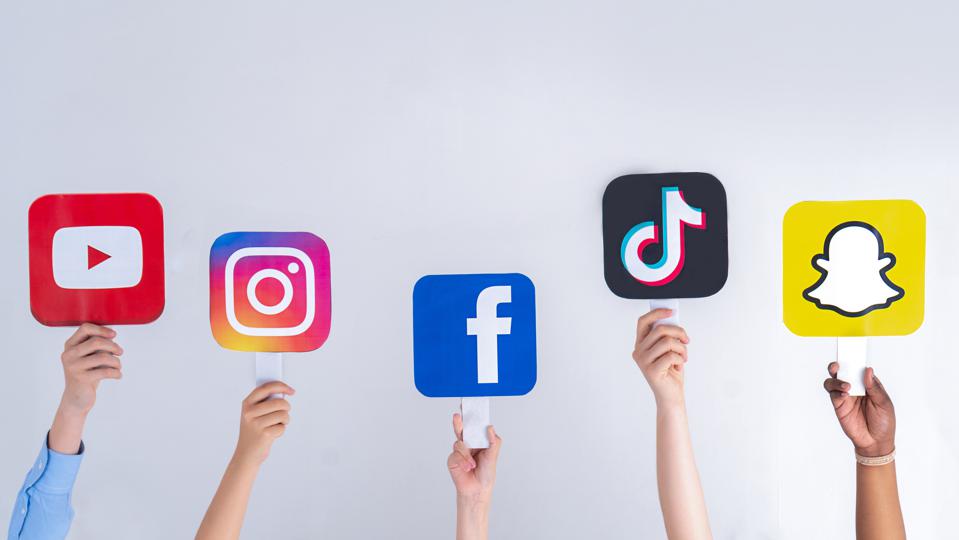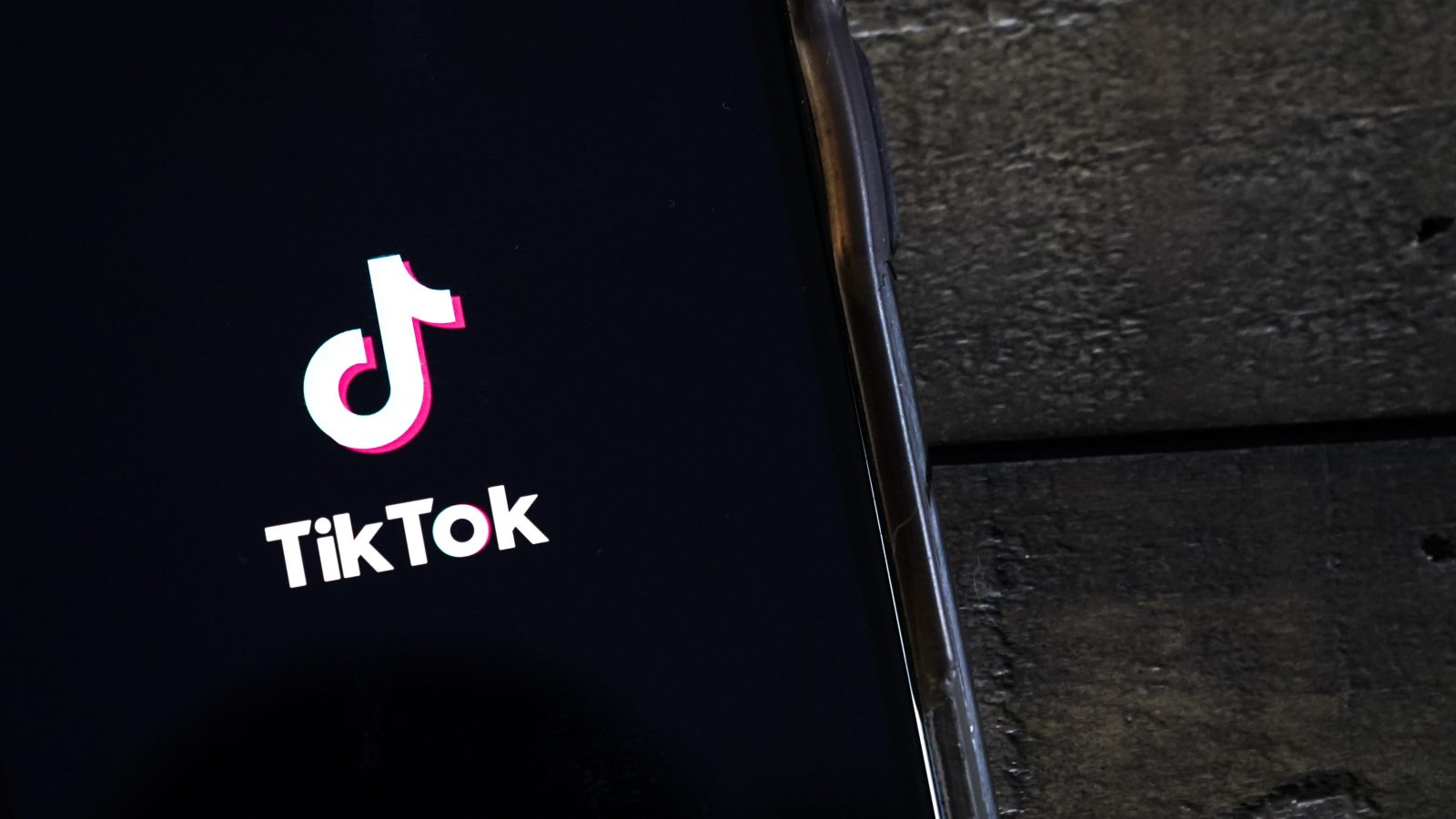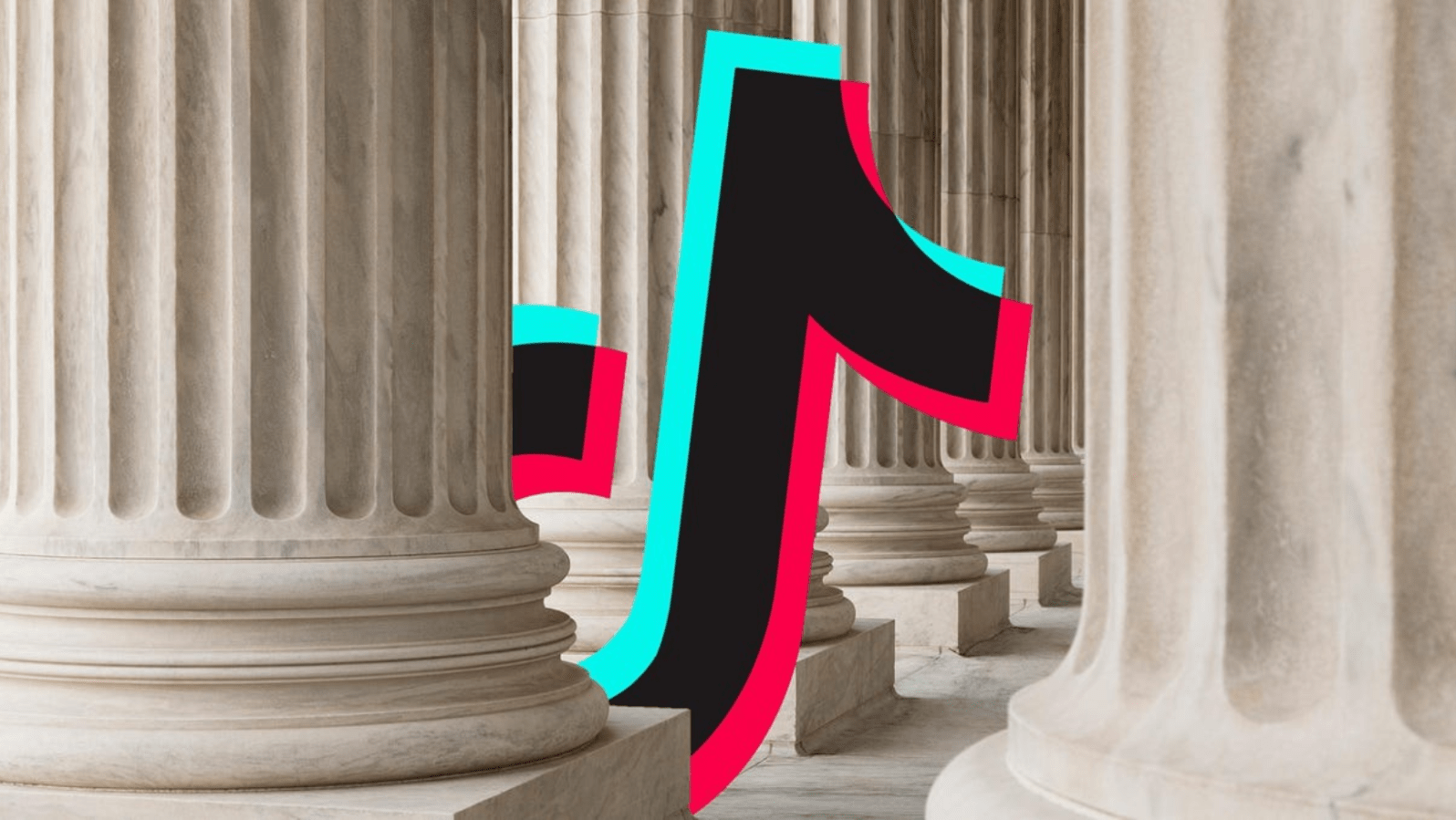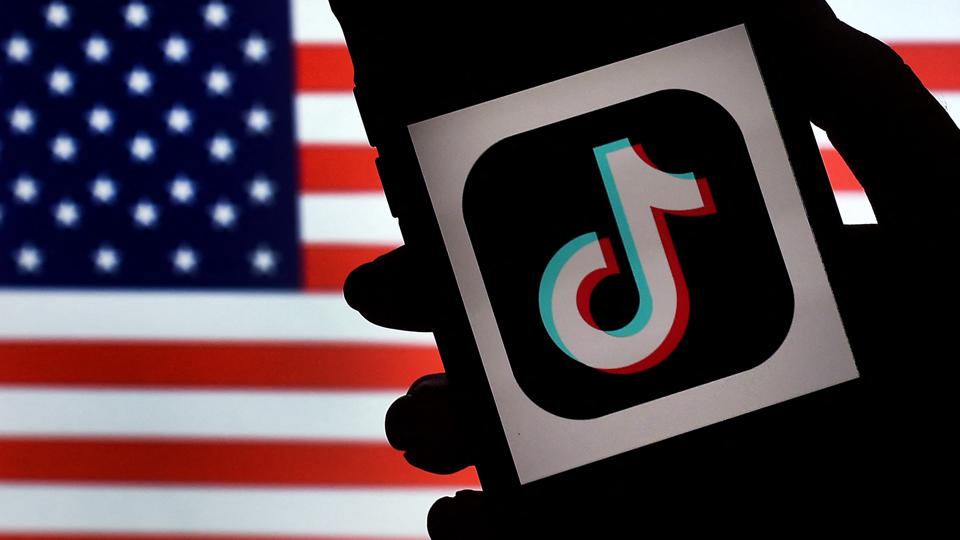India banned TikTok in June 2020 citing national security concerns after a military clash with China, opening the door for Instagram to dominate and some TikTok duplicates to suddenly emerge as major players in the vacated market.
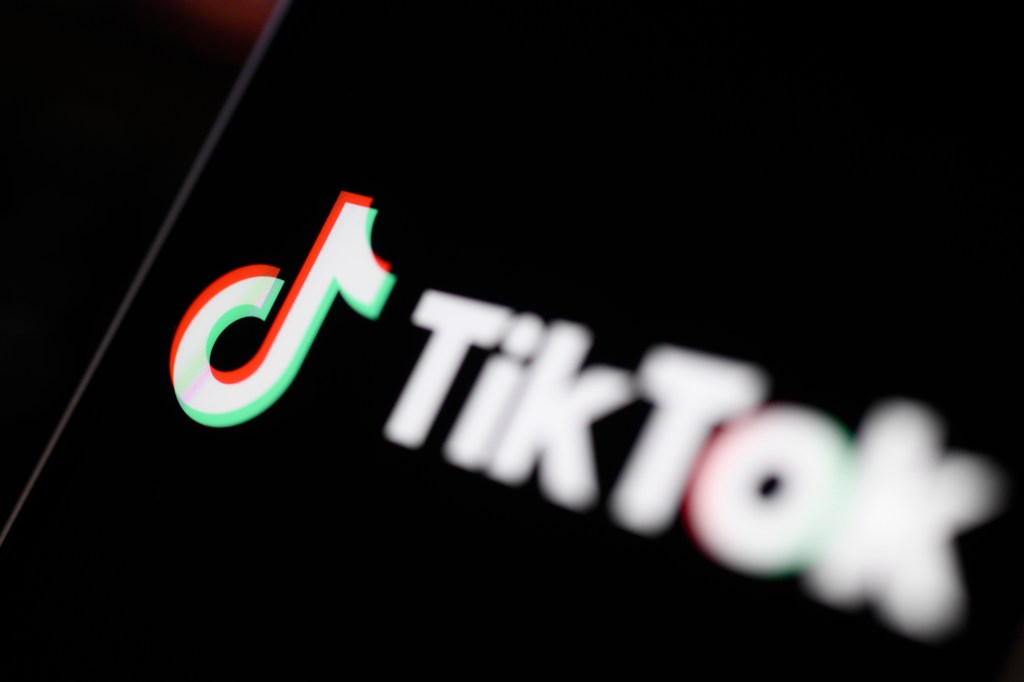
Key Facts
Shortly after India banned TikTok, Instagram saw a surge of downloads, propelling it to become the country’s most popular social media app by 2021, up from No. 6 in 2019, and to surpass TikTok in global downloads by the fourth quarter of 2021.
Key to Instagram’s success in India was Reels, its algorithm-based, endlessly scrolling vertical video feed that closely resembles TikTok’s For You Page and other TikTok copycats like YouTube Shorts and Snapchat Spotlight.
Both Instagram and YouTube bet on Shorts and Reels as potential TikTok alternatives: They tested these features in India after the country banned TikTok before launching them worldwide.
Instagram led a 2020 YouGov India poll that asked which social platform Indian content creators and users would turn to as an alternative to TikTok.
A host of TikTok copycats popped up in India to modest success, including Moj, Roposo and Josh, but many creators have instead opted to use Instagram because of its global reach.
Related
Moj and Josh have a combined 300 million monthly active users in India, though this lags behind YouTube’s 325 million users and Instagram’s nearly 400 million.
Moj and Josh have offered creators money to make content on their platform, creating losses for these companies as revenue is slow, which Viraj Sheth, cofounder of Indian influencer marketing firm Monk-E, told Rest of World will be an unsustainable business model in the long term.
Though India banned TikTok nearly three years ago, Forbes reported TikTok and ByteDance can still access sensitive user data, including where they live, their friends and acquaintances and their search history. “I don’t think [Indians are] aware of how much of their data is exposed to China right now, even with the ban in place,” a current TikTok employee told Forbes.
Afghanistan is the only other country to impose a total ban on TikTok. Some others, including the United States, the United Kingdom and Canada have banned the app on government devices.
TikTok CEO fronts congress
Scrutiny over TikTok in the United States is heating up: CEO Shou Zi Chew will testify before the House Energy and Commerce Committee on Thursday. The committee is expected to ask about Chinese owner ByteDance’s handling of U.S. user data. According to Chew’s prepared remarks, he will highlight TikTok’s plans to protect minor users and safeguard U.S. user data and will discuss how banning the app will harm the U.S. economy and small businesses that rely on TikTok.
TikTok has faced renewed scrutiny as concerns that the Chinese government could use the app to access American user data grow. Last week, the Biden Administration threatened to ban the app unless its Chinese owners sell their stake in the company. FBI Director Christopher Wray said TikTok poses “national security concerns” at a House Homeland Security Committee hearing in November. Congress passed the “No TikTok on Government Devices Act” in December, and legislation has since been introduced to completely ban the app. The bipartisan RESTRICT Act, introduced in the Senate earlier this month, would allow the Department of Commerce to ban foreign technologies deemed a threat to national security (TikTok is not explicitly mentioned in the bill).
This article was first published on forbes.com
